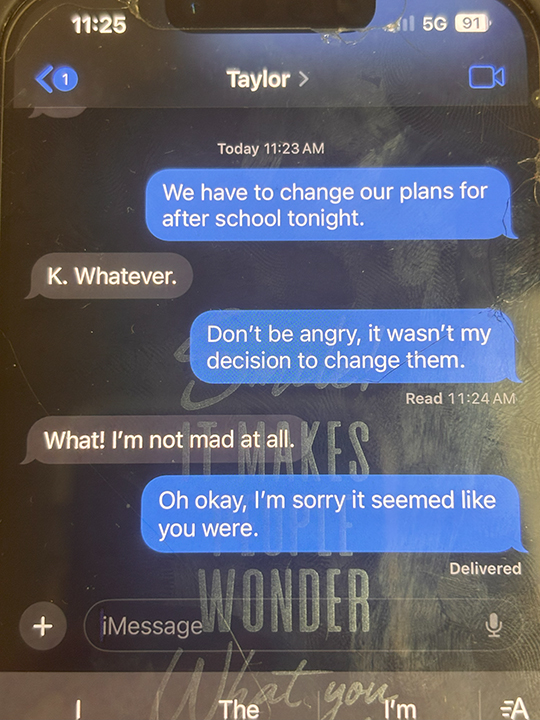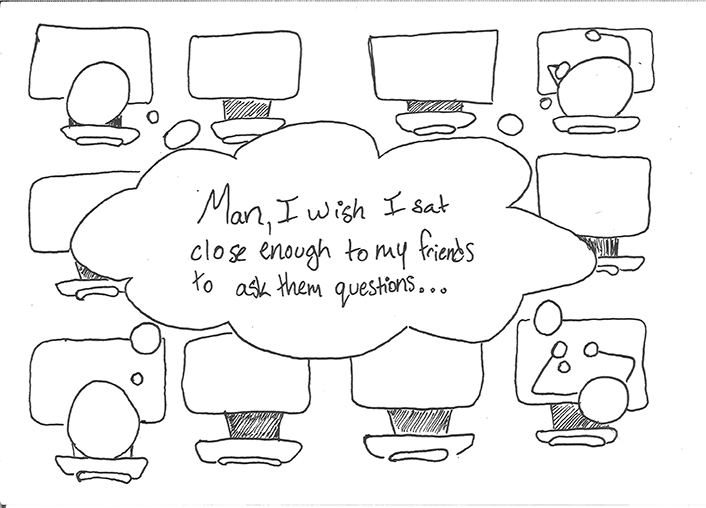The average lifespan of a human being has been getting longer and longer through the centuries, and the age at which we send children out on their own tends to change with it. But at what point is it enough?
People go to college, or get their first job around the age of eighteen. But, this could happen sooner. While a sixteen or fifteen year old may not be old enough to live on their own, they are certainly old enough to work, and old enough to start taking career specific classes.
Many high schools offer career preparation programs, or internships, but this must become commonplace. A teen needs to learn responsibility before they leave home. By making work or internship hours a requirement to graduate highschool, students will be far more prepared to work and rely on themselves rather than their parents’ salary.
Not only that, but classes such as home economics should be required. Maybe then fewer college students will be living off of cafeteria food and instant noodles. Maybe then fewer college students will have next to no knowledge of the economy, and how to take care of a home.
Higher level math and English classes are not important to students who will not need them. They are meant for specific career paths that many students choose not to take. If graduation and college admission requirements are changed to value math, science, and English less, there will be more room for life skills and specified career preparation classes that can help a greater number of students than the classes schools currently require.
At the moment, this is unlikely to be changed. So, I encourage students to make room in their schedules for classes such as these in order to better prepare themselves for the future. Find a way to take a WILCO class, or get a job. Volunteer at local organizations. Do anything to prepare for responsibilities and careers.
There are many ways to go about this. If a student is about to leave for college, they can still get a summer job, by extension saving money for college. Volunteering can help to qualify for National Honor Society, and taking a WILCO class can help towards graduation and teach important skills. One of these options should be required for graduation.
The reason life skills and specialized career classes are not required is, in fact, historical. After an education report revealed that the students in America were falling behind other countries, core classes and more homework were pushed. However, this causes these other subjects to fall into the cracks, and leaves students who excel more in hands-on work behind.
This exchange in subjects is far from productive. Given the curriculum is not currently inclined towards these important subjects, each student should find their own way to learn. Many students balance internships or jobs with school, and others take WILCO classes so that they do not have to find that balance. Even more learn life skills from home economics. Whatever the strategy, students must become more prepared for life outside of school.








